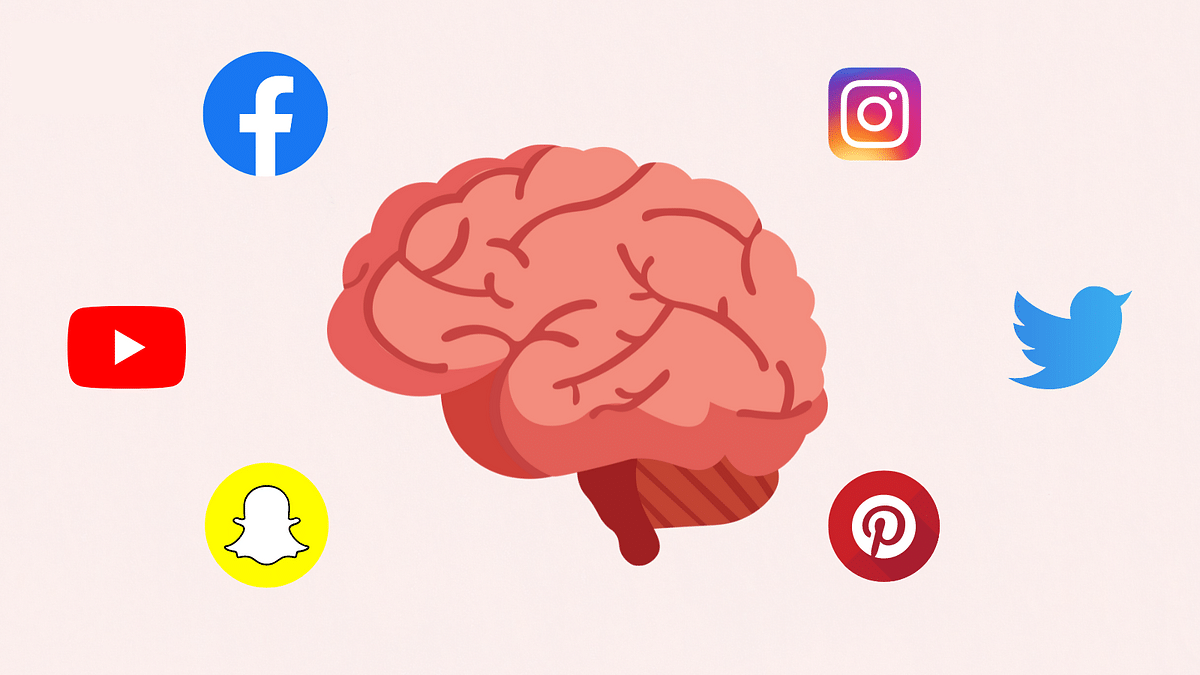Kerby Anderson
What is the effect of social media on the brain? Nicholas Carr made this observation fourteen years ago in an article in Atlantic. “Over the past few years, I’ve had an uncomfortable sense that someone, or something, has been tinkering with my brain, remapping the neural circuitry, reprogramming the memory.” In a book he later wrote, he blamed the internet and social media.
We now have studies that seem to confirm what most of us suspected. Neuroscientists at the University of North Carolina conducted successive brain scans of middle schoolers. “They found that children who habitually checked their social media feeds at around age 12 showed a distinct trajectory, with their sensitivity to social rewards from peers heightening over time.”
At the same time, the researchers admit they can’t show a firm cause and effect. Adolescence is a time of expanding social relationships so there are other factors that could be in play. Therefore, they acknowledge that they “can’t make causal claims that social media is changing the brain.”
While they may not be able to make a causal claim, I am willing to do so for a very simple reason: neuroplasticity. I have talked about this in previous commentaries. We now know the brain is much more plastic and is adapting to whatever stimulus we give it. One of the best examples of neuroplasticity occurs when you learn a new language. Neurons responsible for language acquisition will develop synapses in your brain.
The authors also acknowledge that their findings do not capture the magnitude of brain changes, only their trajectory. And they aren’t even making the claim as to whether these changes are beneficial or harmful. But I think we all know young people spend too much time in front of a screen, and that can’t be good.
 Listen Online
Listen Online Watch Online
Watch Online Find a Station in Your Area
Find a Station in Your Area










 Listen Now
Listen Now Watch Online
Watch Online
